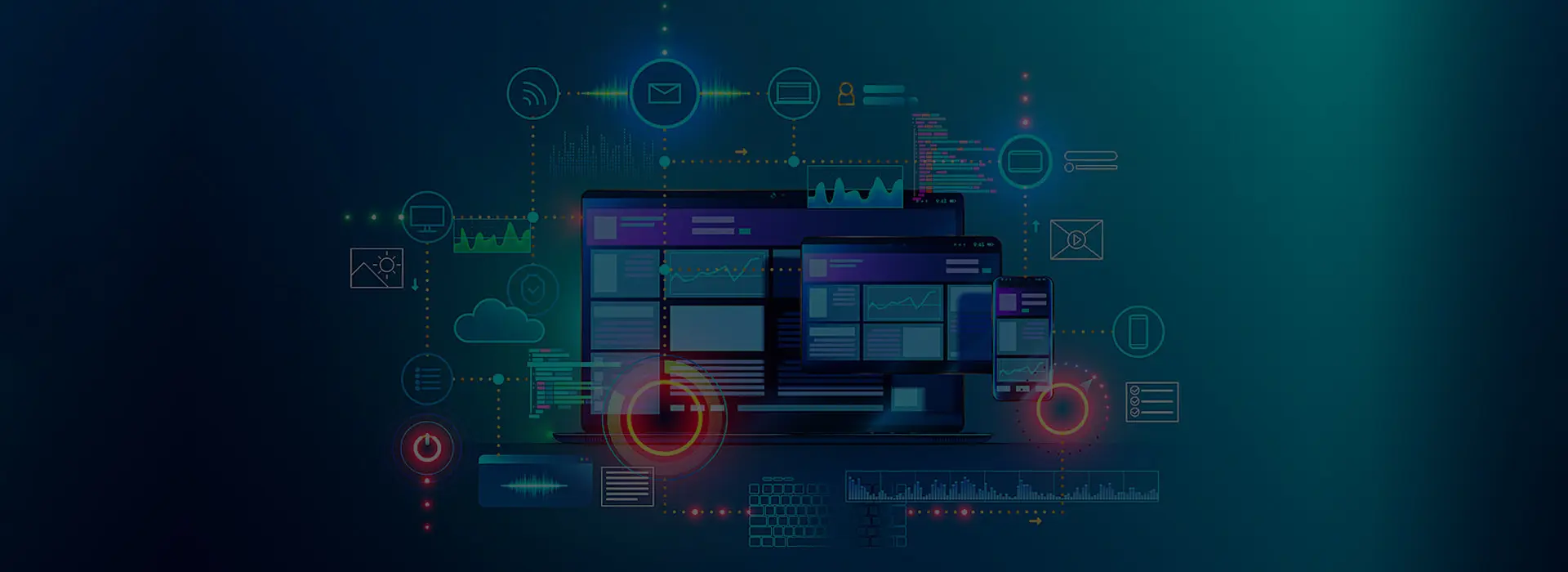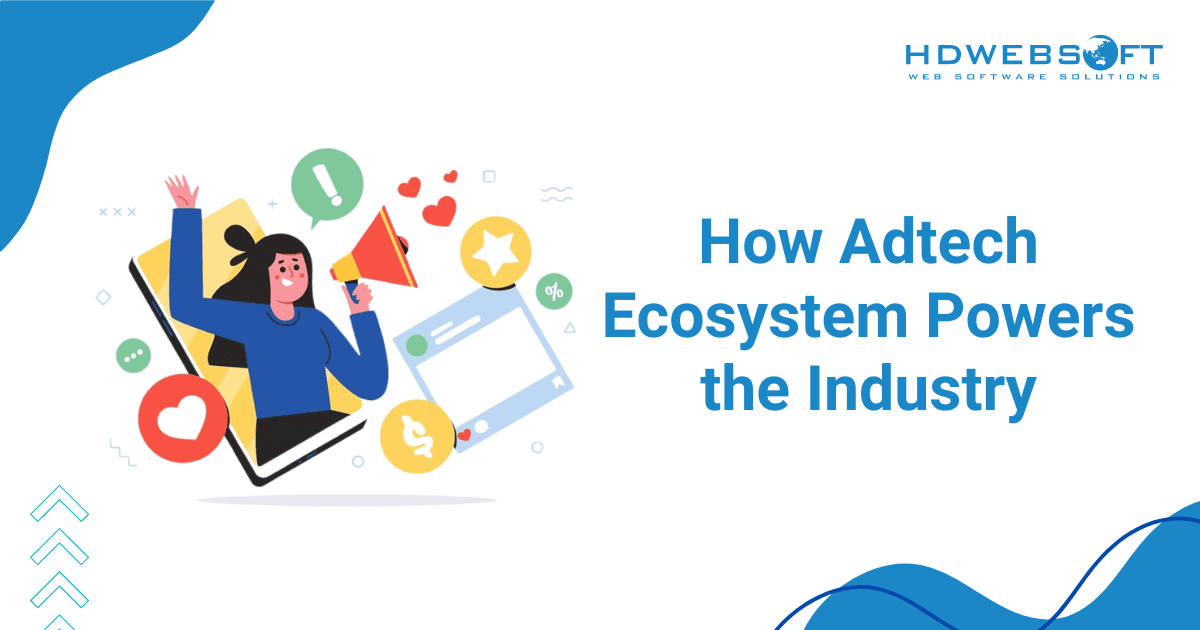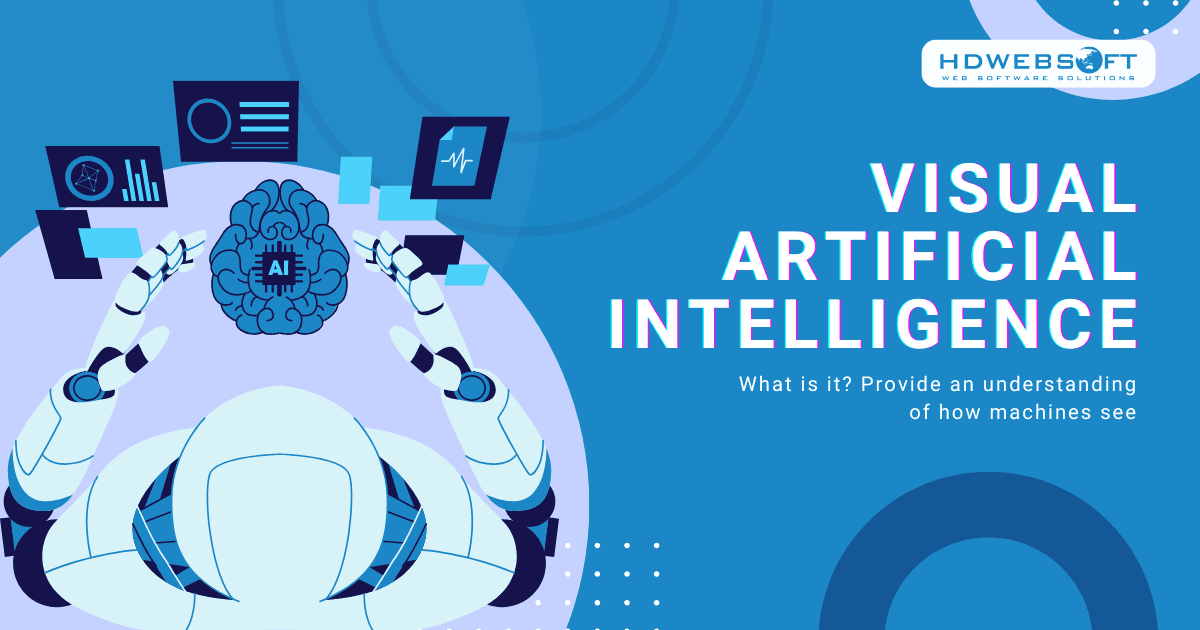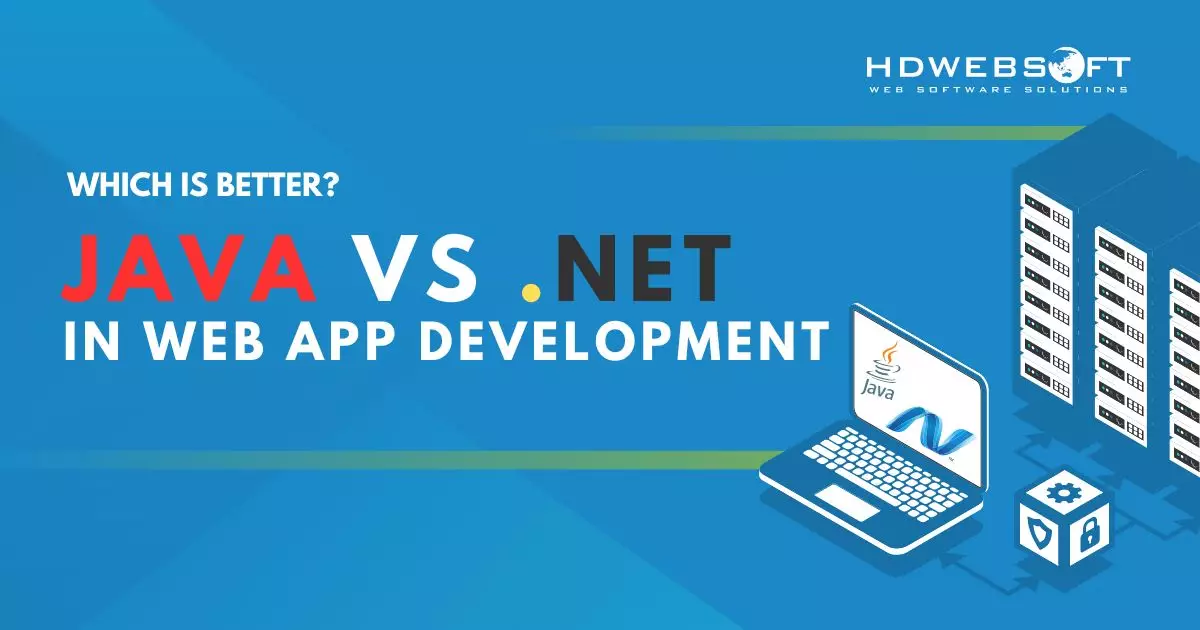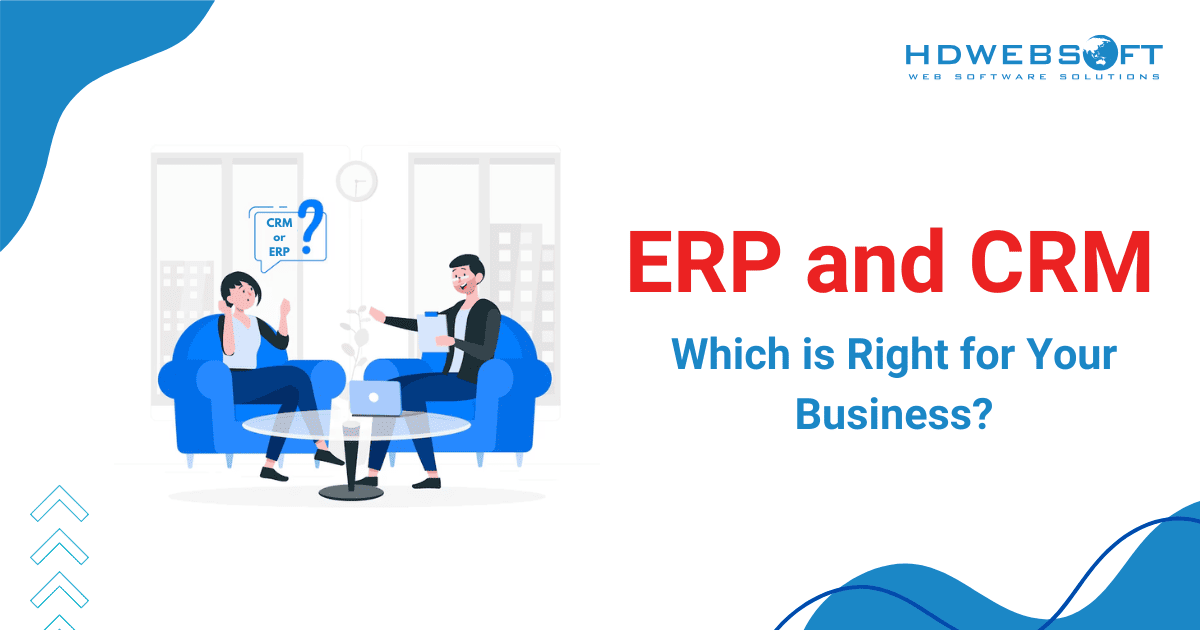
ERP and CRM: Which is Right for Your Business?
ERP and CRM are essential as businesses continue to scale, providing systems that manage operations and customer interactions. These two software solutions play a crucial role in improving business efficiency. However, they do so in different ways and for different areas of the organization.
In this blog, we will go through how ERP and CRM work and where they overlap. Most importantly, we will see how they differ and whether integrating CRM and ERP is a good choice for businesses.
What is ERP?
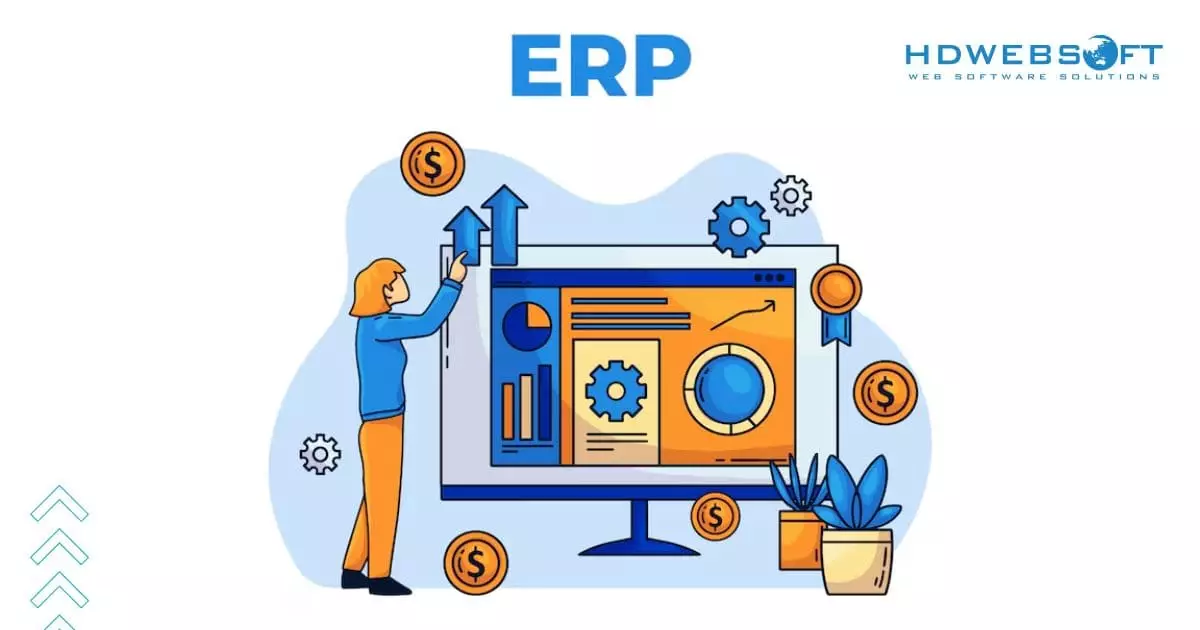
Enterprise Resource Planning (ERP) is software designed to manage and integrate a business’s core processes. These processes can include finance, manufacturing, supply chain management, procurement, human resources, and more. By consolidating these functions into one comprehensive system, ERP offers a single source of truth for an organization’s internal operations.
For starters, ERP systems help businesses automate complex workflows, optimize inventory management, and streamline financial reporting. This software ensures that the various departments of an organization can communicate and collaborate more effectively.
In particular, cloud ERP solutions allow businesses to access and manage these processes remotely, offering flexibility and scalability as the company grows. Moreover, with ERP, everything from production schedules to payroll can be monitored and managed from a unified dashboard.
A significant benefit of ERP systems is the real-time data they provide. They help decision-makers make informed choices based on the most current information. According to a report, 88% of companies implementing ERP systems claimed that their ERP implementation helped their business succeed.
What is CRM?
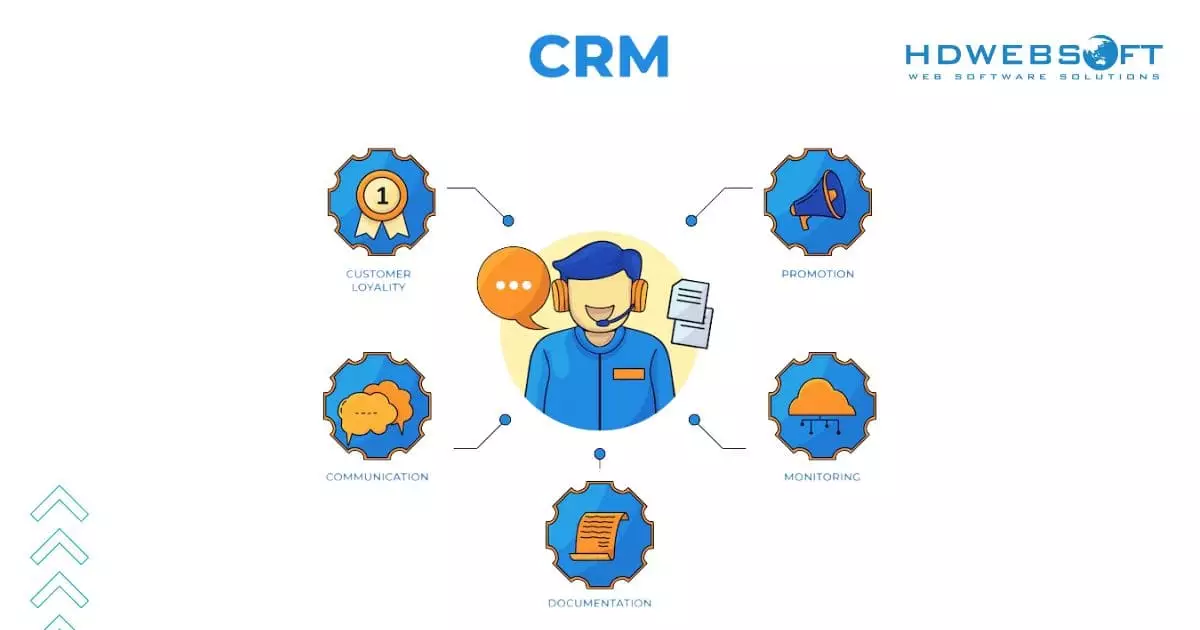
On the other hand, Customer Relationship Management (CRM) software focuses primarily on managing customer interactions. Specifically, it is a tool designed to help businesses attract, retain, and nurture customer relationships.
A CRM system centralizes all customer data, such as contact details, purchase history, communication logs, and preferences, into one platform. As a result, this makes it easier for sales, marketing, and customer service teams to access and manage customer information.
CRM software improves customer satisfaction, boosts sales, and enhances customer retention by streamlining these interactions. This software typically includes tools for lead management, marketing automation, customer support, and sales forecasting. According to a study, the global CRM market is projected to grow at a CAGR of 13.9% from 2023 to 2030. This statistic has highlighted the increasing demand for CRM solutions.
How are CRM and ERP Similar?
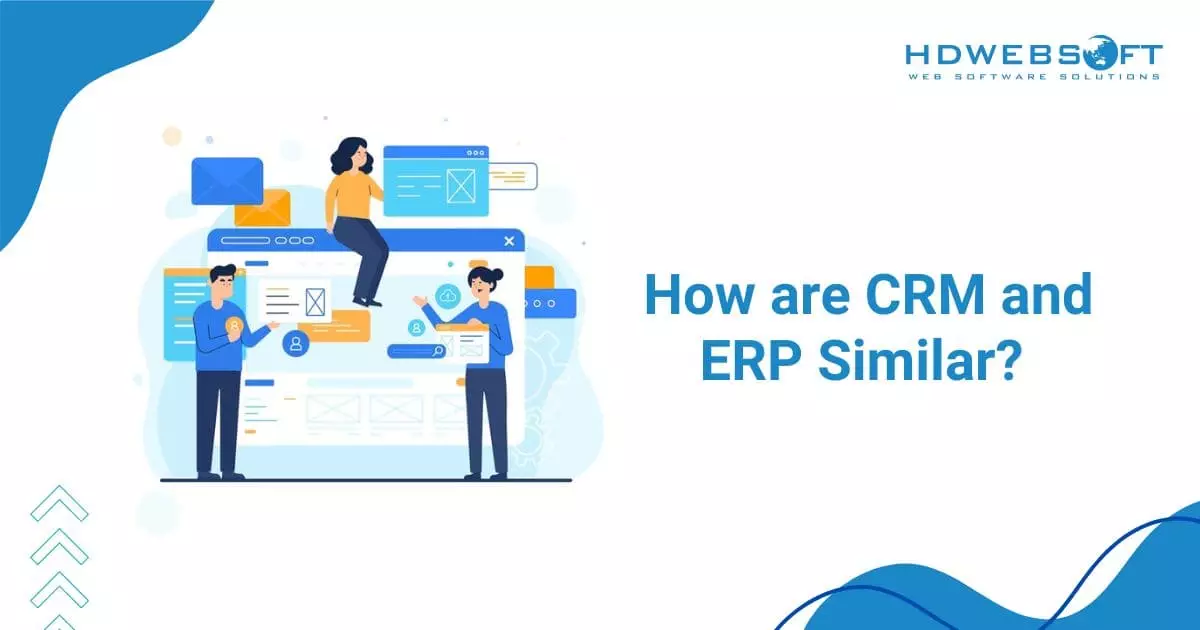
When businesses think about implementing software to streamline their operations, ERP and CRM are often top of mind. Both systems are designed to make processes more efficient and organized. While they serve different functions, they share many similarities.
Let’s explore the key areas where these two essential systems overlap and complement one another.
Centralized Data Management
One of the most significant similarities between CRM and ERP systems is their ability to centralize data. In fact, both platforms collect and store valuable information in one place. They ensure that every department within a business has access to the same, up-to-date data. Moreover, this centralized approach eliminates data silos, which can often lead to confusion, errors, or miscommunication within teams.
For example, in an ERP system, a company can track real-time data about inventory, finances, or production schedules. On the other hand, a CRM system stores all customer-related data, such as sales history, contact information, and customer preferences. The shared focus on centralizing information makes it easier for employees to access critical data and make informed decisions quickly.
Process Automation
Another similarity between ERP and CRM is their focus on process automation. Both systems aim to reduce manual work by automating routine tasks, which ultimately leads to improved productivity and efficiency. Furthermore, by automating workflows, businesses can reduce the risk of human error, improve accuracy, and speed up operations.
For instance, ERP systems can automate tasks like generating financial reports, tracking inventory, or managing payroll. Similarly, CRM systems can automate processes such as sending follow-up emails, scheduling appointments, or organizing leads. In both cases, automation frees up employees to focus on strategic, high-value tasks rather than spending time on repetitive work.
Improved Decision-Making
Both systems provide powerful tools for decision-making by offering insights derived from real-time data. They collect vast amounts of information, process it, and then generate useful reports. These reports help businesses track performance, identify trends, and forecast future outcomes. This means leaders can make better-informed decisions based on the most current and accurate ERP and CRM software data.
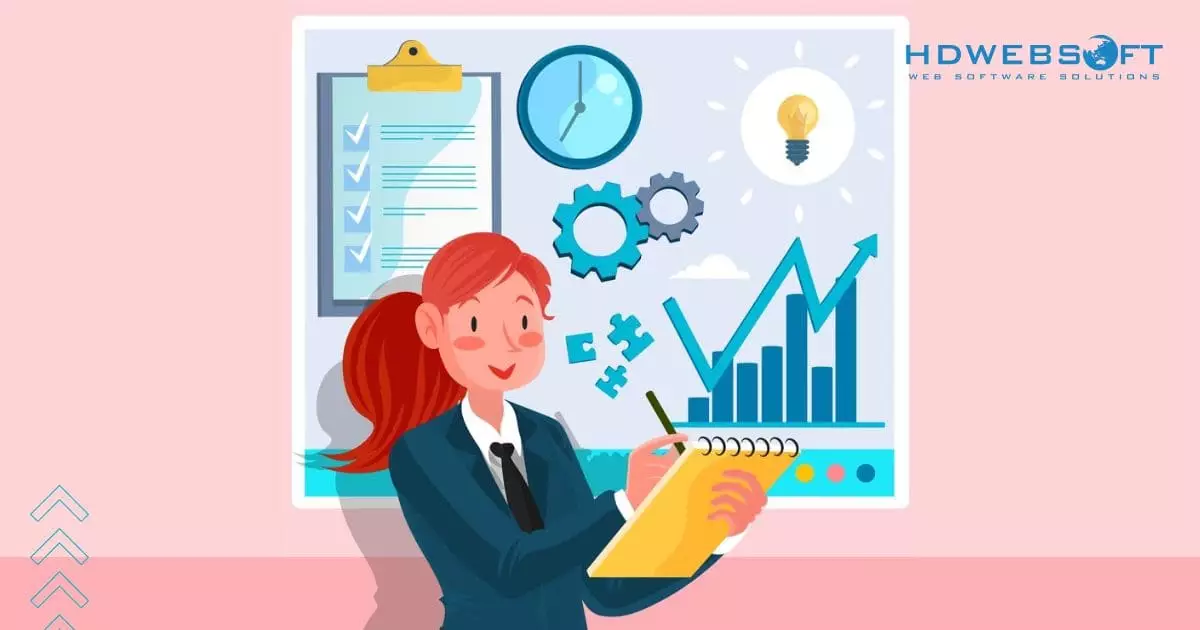
Both ERP and CRM software can help businesses make decisions strategically.
To illustrate, a CRM system can provide insights into customer behaviors. This helps sales teams decide which leads to prioritize or which customer segments to target for a new marketing campaign. Meanwhile, an ERP system offers insights into operational efficiency, such as identifying bottlenecks in the supply chain or tracking financial health.
In short, both systems give businesses a clear, data-driven view. They enable them to make strategic decisions that can enhance growth and profitability.
Scalability
CRM and ERP systems are designed to grow alongside your business. As your company expands, these platforms can be scaled to accommodate more users, additional data, and increasing complexity. The scalability of both systems is essential for businesses anticipating growth and needing scalable software that can adapt to changing requirements.
As an illustration, as businesses gain more customers, the CRM system can handle an increasing number of leads, customer records, and interactions. Likewise, as business operations grow, an ERP system can manage more inventory, larger financial transactions, and expanded supply chain networks. The ability of ERP and CRM systems to scale ensures that businesses can continue to operate efficiently, no matter their size or growth rate.
Integration with Other Systems
Another similarity between CRM and ERP is their ability to integrate with other software systems. Businesses often rely on a variety of tools to manage everything from email marketing to accounting. As desired, both platforms can frictionlessly connect with these tools. This integration capability is crucial because it ensures that data can flow between different platforms without manual data entry.
In particular, CRM systems often integrate with email platforms for marketing automation. Meanwhile, ERP systems can integrate with supply chain management tools to streamline procurement processes. Ultimately, the goal is to create a unified system where data from all parts of the business is interconnected. This improves efficiency and provides a more holistic view of the company’s operations.
Customization Options
Both ERP and CRM systems offer significant customization options, allowing businesses to tailor the software to meet their unique needs. Whether it’s modifying workflows, creating custom reports, or adding new features, both systems are highly flexible and adaptable.
A CRM system can be customized to reflect the specific stages of a sales pipeline, helping sales teams track prospects accurately. Correspondingly, an ERP system can be customized to accommodate specific financial reporting requirements or production workflows. The ability to adapt these platforms ensures that they align perfectly with the unique business processes of each organization.
What’s the difference between ERP and CRM?
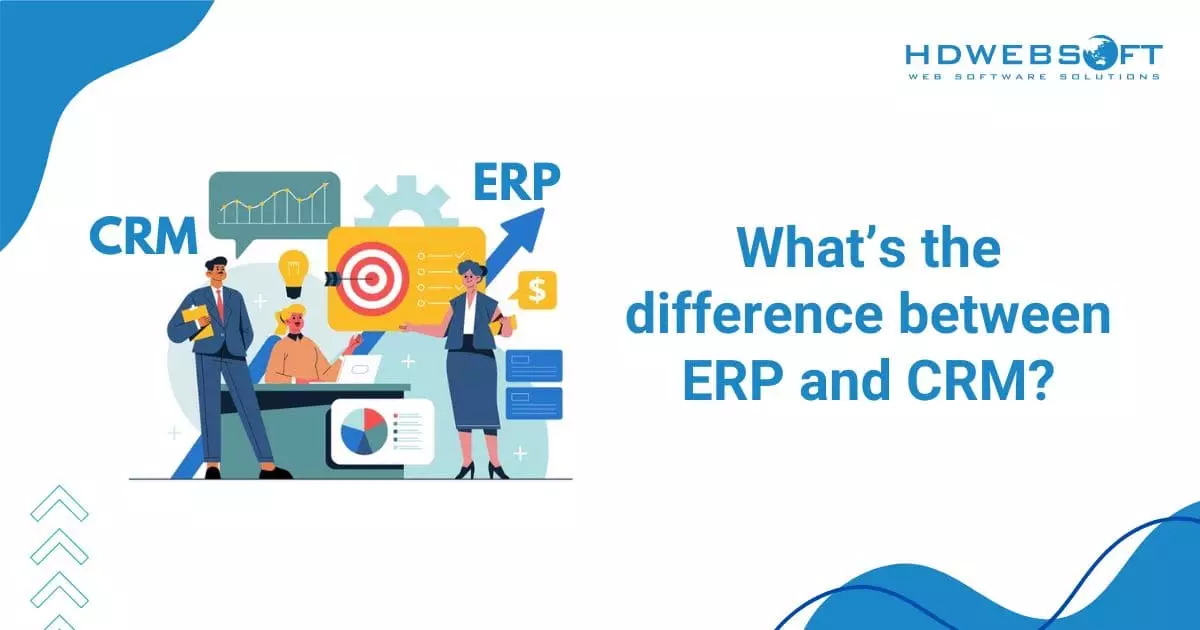
While both systems aim to improve a company’s overall performance, they focus on different aspects of the business. Understanding their differences is crucial when deciding which system your business needs—or whether it could benefit from both. Let’s explore these differences in more detail.
Focus Areas
The primary distinction between ERP and CRM is their focus.
ERP is designed to manage and optimize internal business processes. It serves as a centralized system for handling core functions. Ultimately, the goal of an ERP system is to increase operational efficiency by providing a unified view of internal processes. Resultantly, this ensures that departments can work together seamlessly.
In contrast, CRM focuses on external interactions, specifically with customers. It’s a tool designed to help businesses manage relationships with prospects, leads, and existing customers. Moreover, a CRM system can track customer data to improve customer retention, boost sales, and enhance customer satisfaction.
Essentially, ERP helps run the business, while CRM helps grow the business.
Data Types
Another key difference between CRM and ERP is the type of data they manage.
CRM focuses on customer-related data, including contact information, sales history, customer support interactions, and marketing campaign responses. It’s all about understanding and managing the customer journey, so it handles data relevant to sales, marketing, and customer service. By keeping track of all customer interactions, the technology helps businesses nurture leads and improve relationships with their customer base.
On the other hand, ERP systems primarily handle transactional data related to the organization’s internal operations. This can include inventory levels, financial data, payroll, production schedules, and order processing. All of these processes rely on accurate, real-time data to ensure smooth operations across the organization.
User Groups
The users of ERP and CRM systems also differ.
ERP is primarily used by employees in departments such as finance, human resources, inventory management, and procurement. These departments rely on the ERP system to monitor and manage daily operations. As a result, it makes sure that business processes run smoothly and efficiently.
In contrast, CRM systems are used mostly by sales, marketing, and customer service teams. These teams depend on them to track customer interactions, manage sales pipelines, automate marketing tasks, and provide high-quality customer support. Ideally, a CRM system is essential for improving the customer experience and helping businesses identify growth opportunities.

Depends on which teams need which systems that business should consider between ERP and CRM.
Objectives
While both technologies aim to improve business performance, their specific objectives differ.
CRM focuses on customer acquisition, retention, and satisfaction. Its main objective is to help businesses better understand and engage with their customers. In addition, the systems enable businesses to nurture leads more effectively, close more deals, and provide superior customer service. Ultimately, it leads to increased revenue and improved customer loyalty.
On the contrary, the primary objective of ERP software is to improve internal operational efficiency. Automating workflows, reducing manual tasks, and ensuring that all departments use the same data helps businesses reduce costs. Also, it minimizes errors and optimizes resource management.
System Complexity
Another important difference between ERP and CRM is the complexity of their implementation and usage.
ERP solutions tend to be more complex due to the wide range of internal processes they manage. Implementing an ERP system often requires a significant investment of time, money, and resources because it impacts almost every part of the organization. Furthermore, the complexity of the system reflects the depth of integration it offers. This is essential for businesses looking to streamline their operations on a large scale.
In comparison, CRM systems are generally easier to implement and use. Since they focus on customer-facing processes, the system’s scope is narrower, and the implementation process tends to be more straightforward. While some CRM systems can be complex, especially for larger organizations, they are generally less cumbersome than ERP systems.
Time to Benefit
Because ERP systems are more comprehensive and complex, they typically take longer to implement, and businesses may not see the benefits immediately. The payoff from ERP software comes from long-term improvements in operational efficiency and cost savings.
Conversely, CRM systems often provide quicker results. Sales teams can start using the system to manage leads and track customer interactions almost constantly. Hence, it can lead to faster revenue growth and improved customer satisfaction.
ERP and CRM Integration
Integrating ERP and CRM systems can significantly enhance business operations by bridging the gap between internal processes and customer-facing activities. While ERP focuses on optimizing back-end functions, CRM handles the front-end aspects. By connecting these two systems, businesses create a seamless data flow between departments, leading to improved efficiency and better decision-making.
For example, when sales teams using a CRM have real-time access to inventory levels from the ERP system, they can provide customers with accurate delivery estimates. On the flip side, finance departments can use customer payment data from CRMs to streamline invoicing processes in the ERPs.
This integration reduces manual data entry and eliminates data silos. It also makes sure that all teams are working with the most accurate and up-to-date information. In addition, it allows businesses to respond faster to market demands, improve customer satisfaction, and increase overall productivity.
In short, integrating ERP and CRM creates a unified system that enhances both operational efficiency and customer relationship management. This integration drives business growth in a more coordinated way.
Conclusion
While ERP and CRM both aim to improve business efficiency, they do so in different areas of the organization. Understanding these differences is crucial for businesses looking to implement the right tools for their needs.
Integrating both systems can provide even greater value, offering a holistic view of both internal operations and customer relationships. By using ERP and CRM together, businesses can drive efficiency, improve customer satisfaction, and ultimately achieve long-term growth. As the need for business automation grows, leveraging both ERP and CRM is no longer just an option. It’s becoming essential for staying competitive in today’s fast-paced environment.


